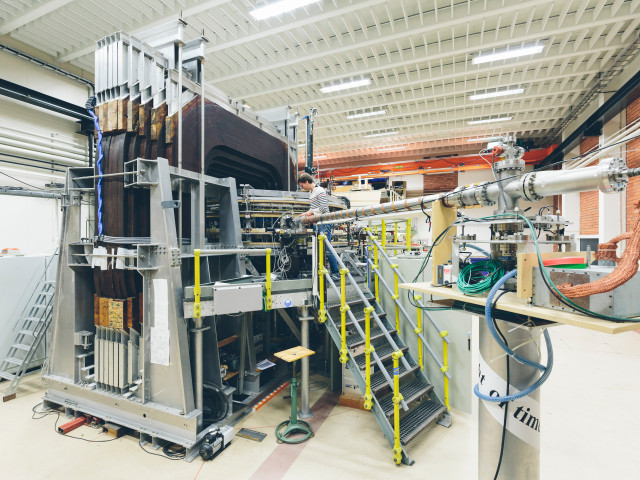The experimental background of Modern Physics and Quantum Mechanics
The experimentel background of modern Physics. Material waves (“de Broglie waves”). Wave packets and the Heisenberg uncertainty relation. Wave-particle duality. Atomic structure. The Bohr model of the atom. Atomic energy levels. The foundations of quantum mechanics. Applications of the Schrödinger equation to simple potentials. Interpretations of wave functions. Plane wave solutions. The harmonic oscillator. Angular momentum and spin. The hydrogen atom and the periodic table. The Pauli principle. Planck’s radiation law. X-ray emission and spectra. The strucure of the nucleus. Radioactive decay. Application of phenomena such as the photoelectric effect. Quantum mechanical phenomena in the natural sciences and technology, such as tunneling, scannng microscope, the Stern-Gerlach experiment, atomic nuclei, simple molecules. Insulators, conductors and semiconductors.
